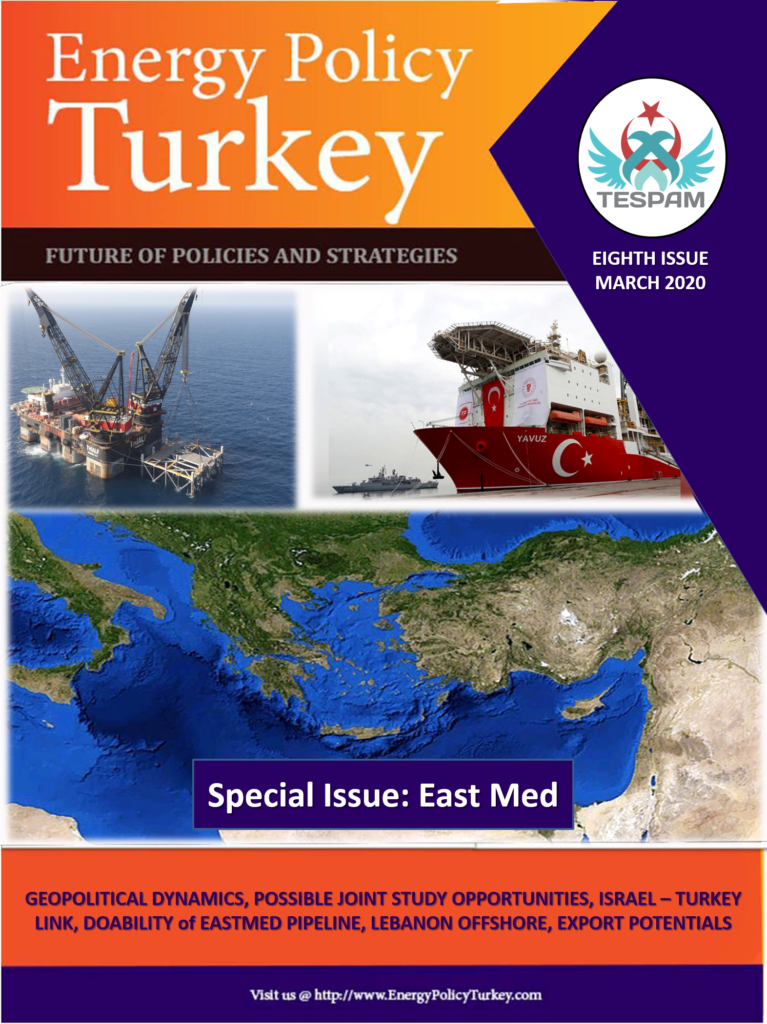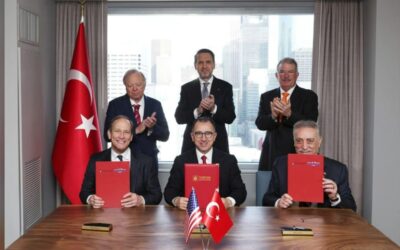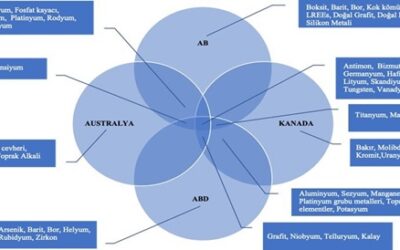
Abstract
Geopolitics of the eastern Mediterranean Sea is heightened in importance
primarily due to issues related to maritime claims, access, and the quest for
energy resources. Rights to demarcate, protect, and exploit Exclusive Economic
Zones (EEZ) are increasingly considered as significant aspects of sea power,
strategy and security. In the light of recent hydrocarbon discoveries, a certain
sense of disagreement has arisen among littoral states on how to equitably
share the off-shore wealth, leading to formation of a U.S.-backed allied group
named the Eastern Mediterranean Gas Forum (EMGF). Against the backdrop of
this development, Turkey and North Cyprus (TRNC) increasingly find themselves
isolated from the energy conundrum. This article seeks to examine the
mounting instability in the eastern Mediterranean particularly with regards to
rising energy geopolitics, alliance behavior, and challenges in monetization of
the region’s recently discovered natural gas resources. By addressing a range of
political, economic, and military insecurity issues related to offshore
hydrocarbons, this research highlights possible emergent threats, challenges,
opportunities, and responsibilities for related actors.
The article conceptually views “alliance building” within the broader context of
the term “negotiation” itself. Intrinsically, the assessment recognizes the
essential multilateral component in international relations and analyses issues
that illustrate how factors in the possession, supply, and distribution of energy
resources may impact the outlook of conflict and cooperation in the region. It is
argued that coalitional arrangements in the EEZ dispute depict deal-making
behavior and are inherently voluntary and unstable. Turkey and North Cyprus
should be able to engage all stakeholders and create a positive atmosphere to
invent options for mutual gain and try to pull away some members of the
EMGF coalition, by carrots and sticks, if not form an alternative coalition of
their own. This can reduce risks and vulnerabilities associated with the
endeavor of accessing, exploring, and exploiting energy resources in the region.
The article ultimately seeks to discuss the instruments through which
hydrocarbon security challenges can be addressed such as advancement of
intensive political engagement among conflicting parties to build confidence
and resolve fundamental differences over competing claims of maritime
delimitation, and of multilateral maritime security governance in the region,
particularly in reference to the role of regional alliances.





